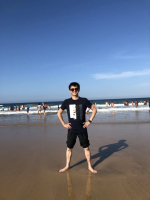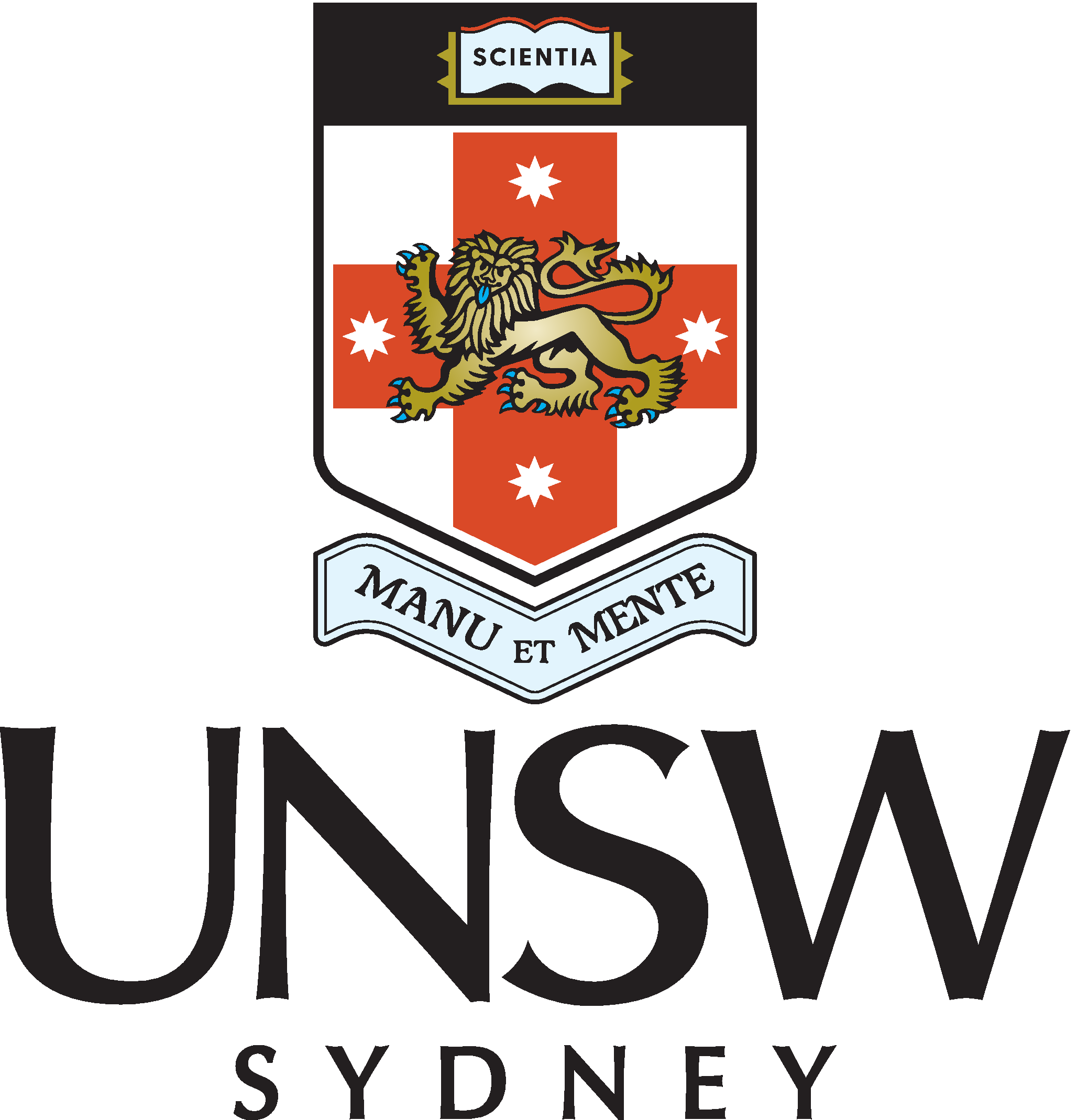
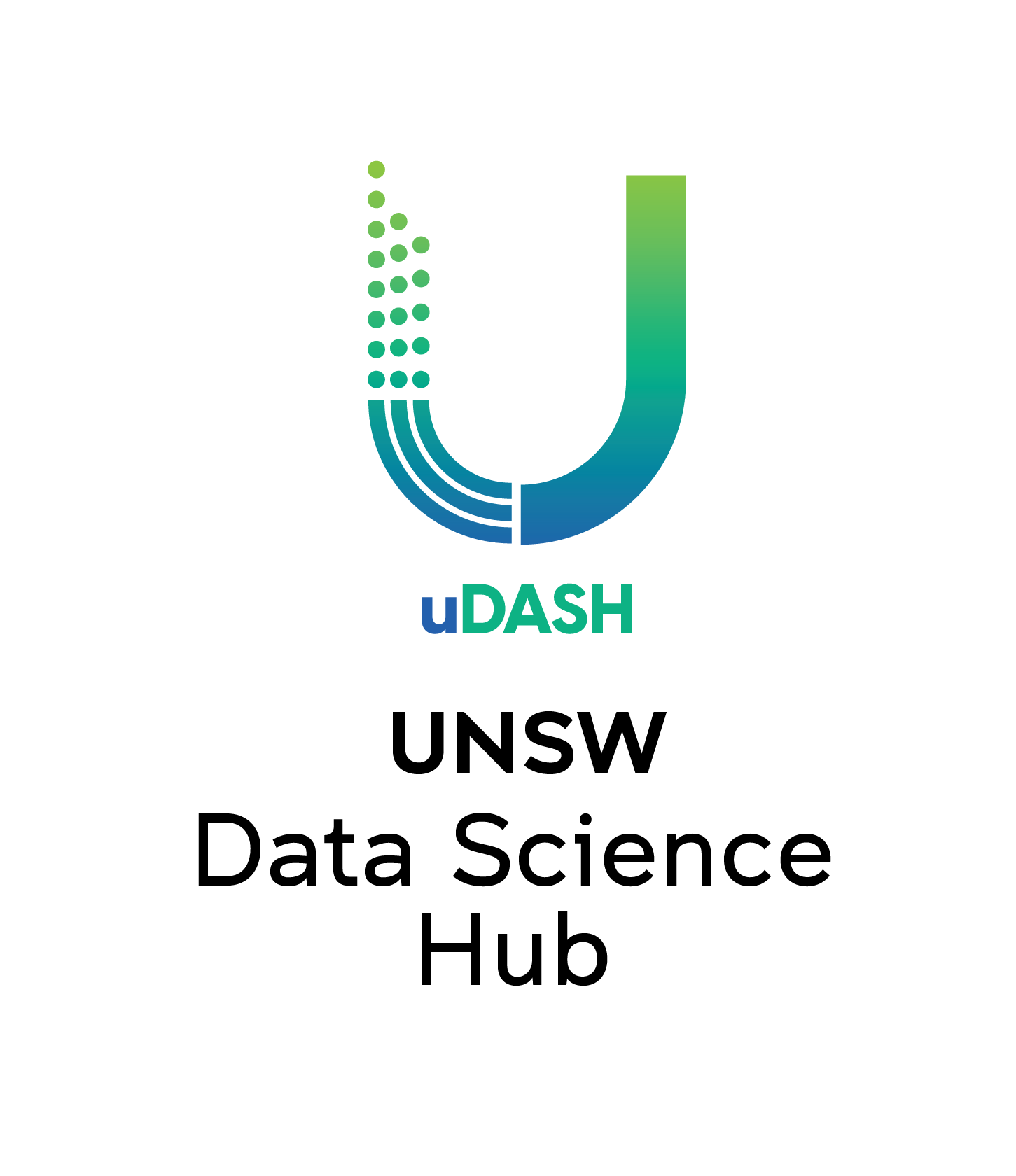
Year 10 Data Science Work Experience Week
Welcome!
Acknowledgement of country
UNSW Kensington Campus is located on the unceded lands of the Bedigal people. We pay our respects to their Elders, past and present, as the Traditional Custodians of this land.
Health and Safety Induction
- We are following the HS414 Visitors to UNSW Facilities Guideline
- Visitors will be met by the person organizing the visit
- Visitors need to be accompanied and supervised by UNSW staff members or teaching assistants
- Visitors are not allowed in medium-or high-risk areas
- Please fill the HS630 Visitor Induction Form with your contact details and check all items that apply to the induction
- All visitors must agree to follow any reasonable instruction in relation to health and safety.
- Report all work related hazards, incidents, injuries and illnesses to supervising staff members or teaching assistants
General safety in the classroom
- No special gear is required
- No food or drinks in the classroom
- Please keep the classroom clean and tidy
- Locate first aid equipment
- Locate fire extinguishers
You are responsible for the safety of you and others around you - Take care!
- if you see something unsafe, tell your teacher or other staff member
Cold & Flu safety
- You are welcome to use face masks and are even encouraged to use them
- Sanitise/wash hands regularly
- if you feel unwell, please stay at home
Emergency Procedure
In case of an emergency
- call UNSW Security Services
- do not call 000
Security Services
in an emergency 9385 6666
everything else 9385 6000
Security Office located at Gate 2, open 24/7
Emergency Evacuation
- BEEP BEEP: prepare to evacuate. Do not leave until WHOOP WHOOP alarm
- WHOOP WHOOP: evacuate immediately. Follow staff and building warden instructions
- Assemble infront of John Clancy auditorium
First Aid - Physical
- Location of first aid kit and first aid room (Rm G003, E26)
- Location of Automatic External Defibrillator
- Any incident requiring the use of first aid, however minor, must be reported online to UNSW
First Aid - Mental
UNSW First Responders are students and staff who are trained to offer you confidential support. They understand that reporting gendered violence can be difficult and can provide you with guidance and support.
You can also contact a certified ally@UNSW in the School of Maths and Stats, Faculty of Science. The ally@UNSWnetwork aims to ensure UNSW is a safe and welcoming place for all LGBTIQ+ students and staff.
Map by MazeMap
UNSW Year 10 Data Science Work Experience Week
Aim
Learn the basic principles of data science. Exploratory data analysis, statistical modelling and visualisation.
Students will
- learn basic programming concepts
- get hands-on experience in analysing real-world datasets
- work in independent teams on data science projects
UNSW Data Science Hub (uDASH)
An official UNSW Research Centre in the School of Mathematics & Statistics
- formally established in 2021
Aim
- Bring together UNSW’s full spectrum of data specialists to solve complex, real-world challenges, faced by governments and businesses
Data experts across UNSW
- 100+ data experts across UNSW’s broad and diverse faculties (Science, Arts, Engineering, Medicine, Law, Business, and Aus. Defence Force Academy)
- All experts researching cutting edge applications using data science tools
We translate large volumes of data into knowledge to support decision-making.
uDASH
Our expertise:
- Mathematics and Statistics
- Machine Learning and Artificial Intelligence
- Data Visualisation
- Computational modelling and simulation
- Non-linear dynamics and optimisation
- Data privacy
- Probablistic modelling
- Risk quantification and management
- Business, economics, and marketing
- Spatial modelling
- Big and complex data
- Genomics and medical data
- Ecological, environmental and climate data
- Defence research
Workshop Program
Morning sessions 9:30am - 12:00pm
- Interactive lecture style sessions 10:00am - 12:00pm
- Special talks 9:30 - 10:00am
Lunch 12:00pm - 1:30pm
Free time to explore, get food, etc.
Optional but recommended fun activities
- School of Mathematics and Statistics outreach workshops (45min)
- Datasoc campus tour (30min)
Afternoon sessions 1:30pm - 4:00pm
- Independent project work
- groups of 5-6 students
- Goal: visualise patterns, postulate hypothesis, statistical analysis and discussion
- Demonstrators and instructors will give advice and recommendations
Monday
Morning session:
- Induction
- Introduction to data science
- Software + Intro to programming with R
Afternoon session:
- Intro to datasets
- Project group selection
Tuesday
Morning session:
- Meet a data scientist
- Nick Lillywhite, BioScout
- Exploratory data analysis
Afternoon session:
- Afternoon session: Work on projects (data exploration)
Wednesday
Morning session:
- Meet a data scientist
- Peter Hartmann, Westpac Group
- Statistical Modelling
Afternoon session:
- Work on projects (statistical modelling)
Thursday
Morning session:
- Datasoc: who they are, how can they improve your student experience
- Data visualisation
Afternoon session:
- Work on projects (visualising results and wrap up)
Friday
- Presentations
- Program wrap-up
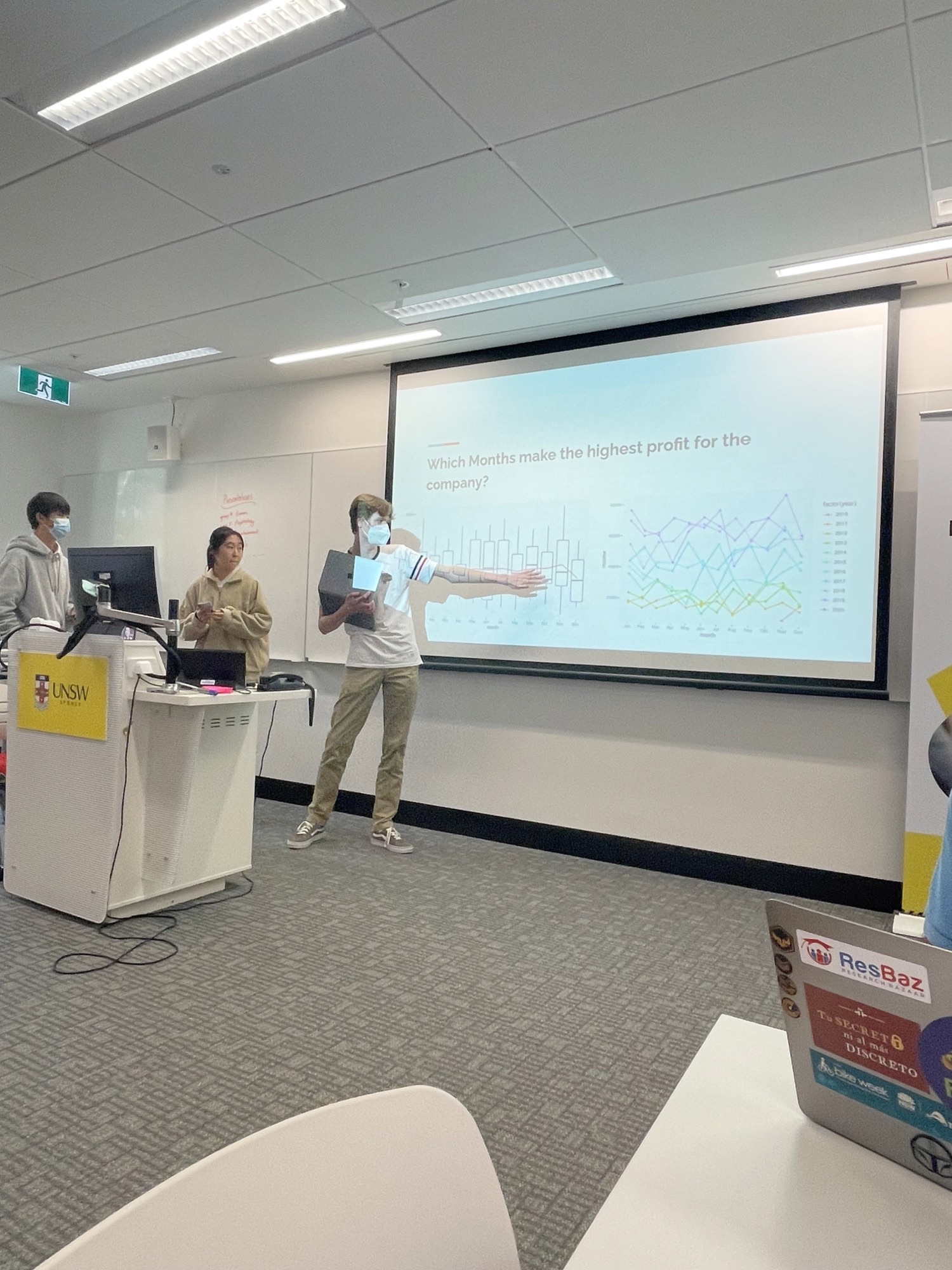
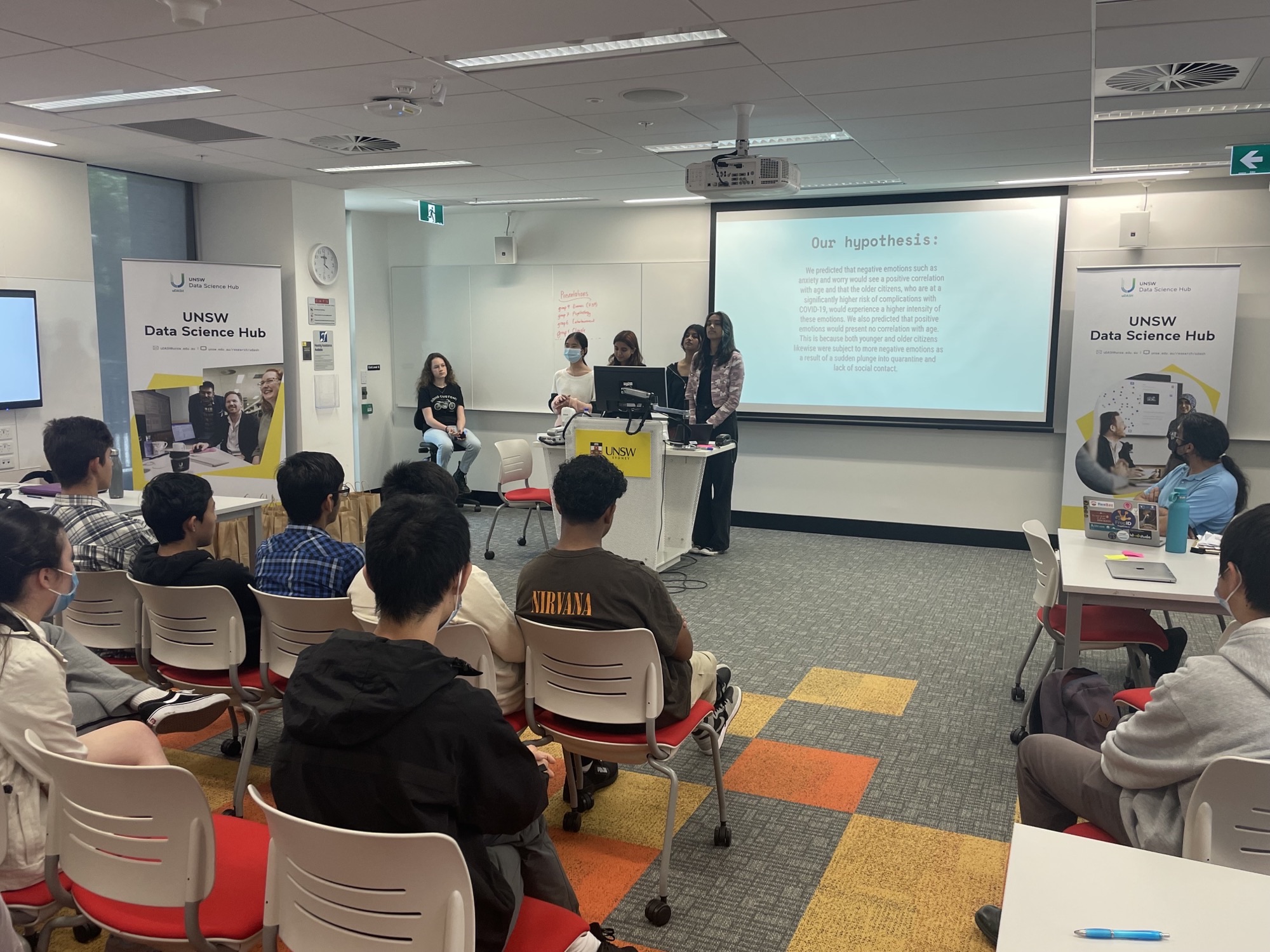
Your instructors
Dr. Steefan Contractor
Dr. Ziyang Lyu
Dr. José Ferrer

Dr. Maeve McGillycuddy
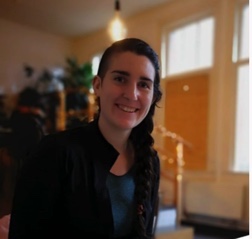
Dr. Sean Gardiner

Dr. Peng Zhong

Dr. Boris Beranger
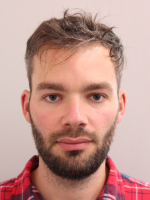
Dr. Prosha Rahman

Dr. Anikó Tóth

Contacts and Socials
For urgent matters find my on (Slack)
BREAK
Quick stretch, walk around, switch tables
What are you most excited for during the coming week?
I go on a hike, and everytime I spot a cockatoo, I note down the temperature and atmospheric pressure. Can I use this data to investigate the relationship between temperature and pressure?
What is data science?
Get inspired!
Go to //historyofdatascience.com and browse some profiles…
Or scroll through the timeline
Who is your favourite data science icon?
- an 18th century pioneer?
- a data revolutionary? a data hero?
- an artificial intelligence Jedi?
The four paradigms of research
Paradigm 1: Experimentation
Father of Modern science
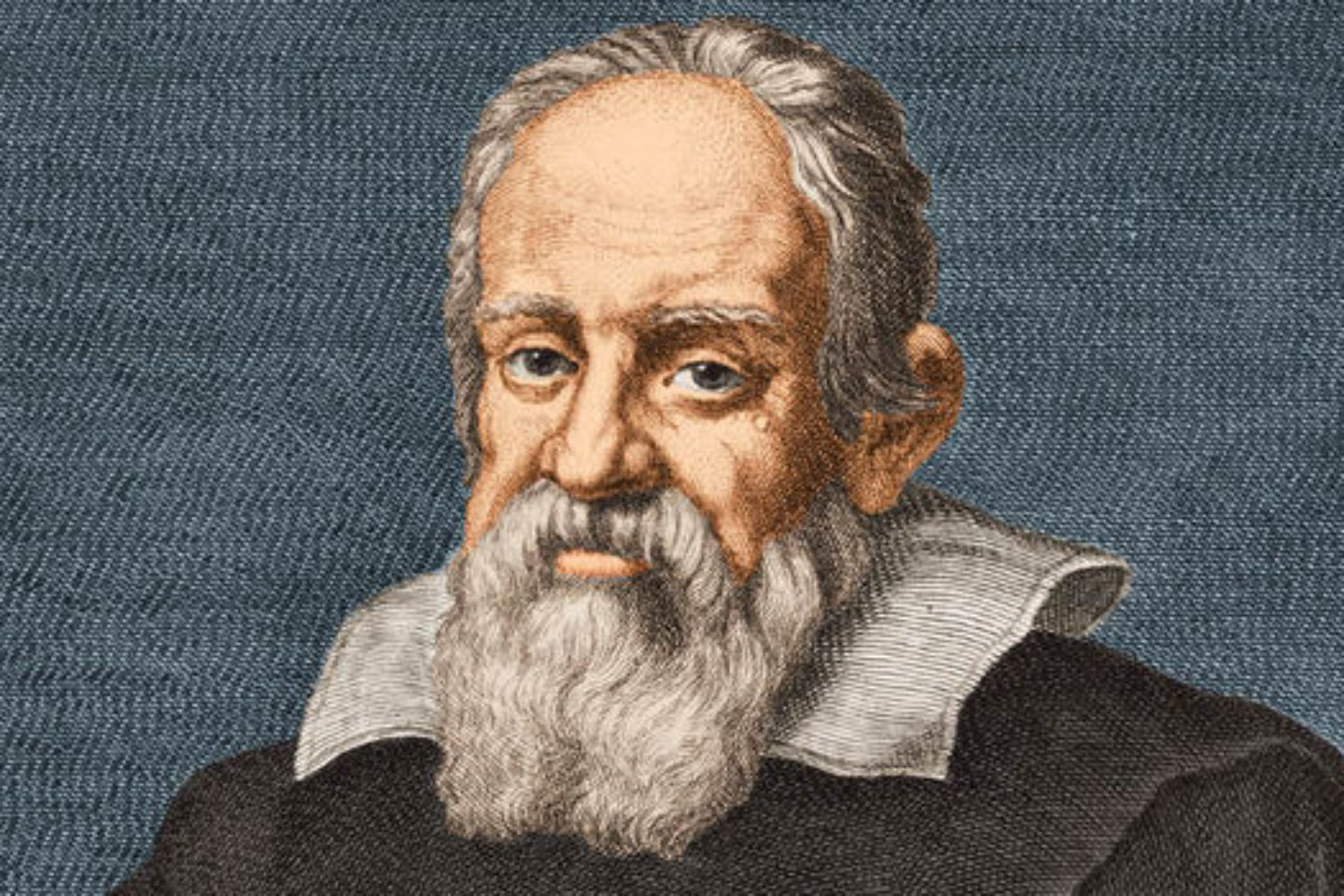
Paradigm 2: Theory led experimentation
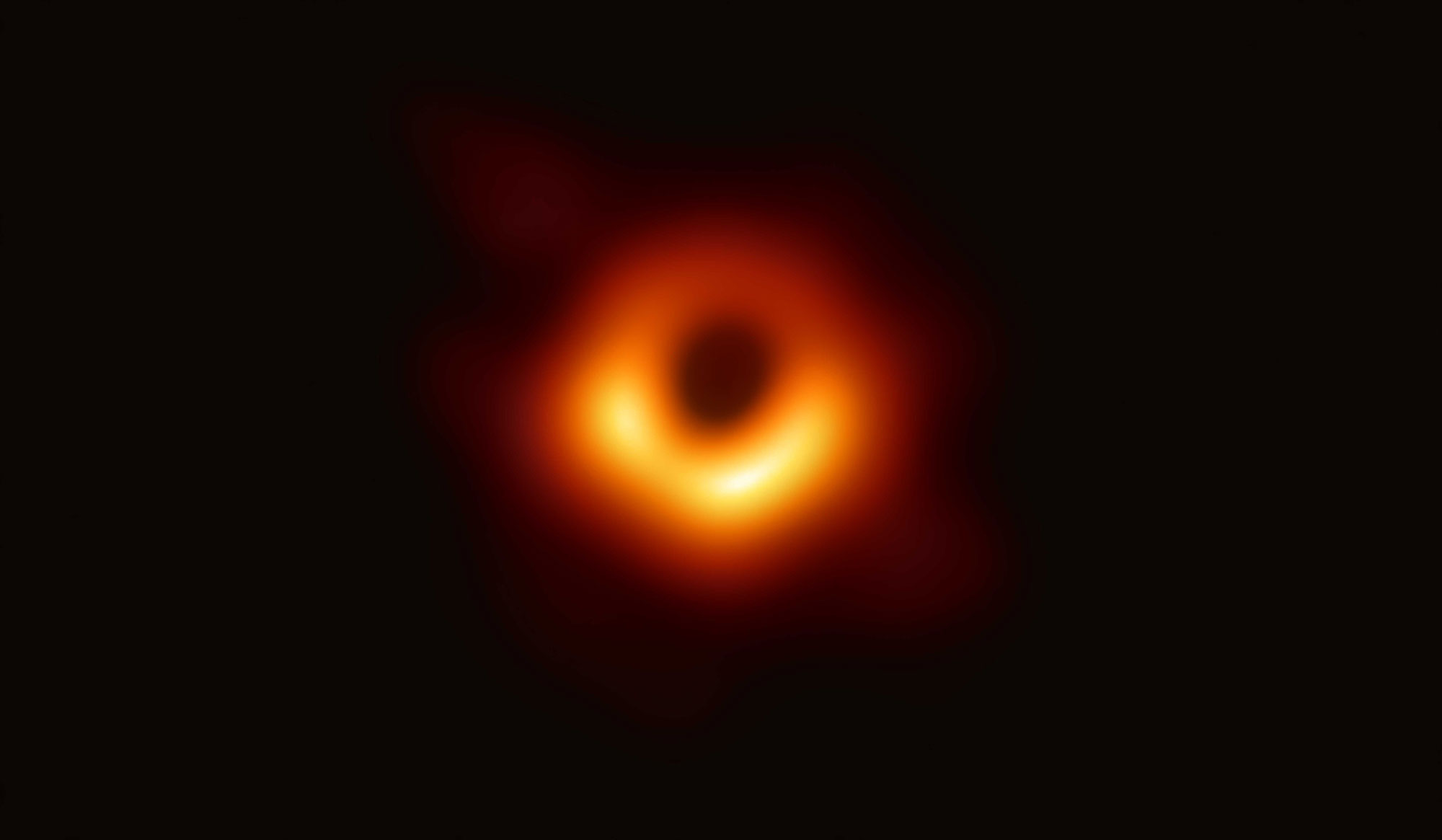
Paradigm 3: Numerical modelling
Paradigm 4: Data-intensive scientific discovery
The concept of these four paradigms of research was coined by Jim Gray, a 1998 Turing Award winner, in 2007.
